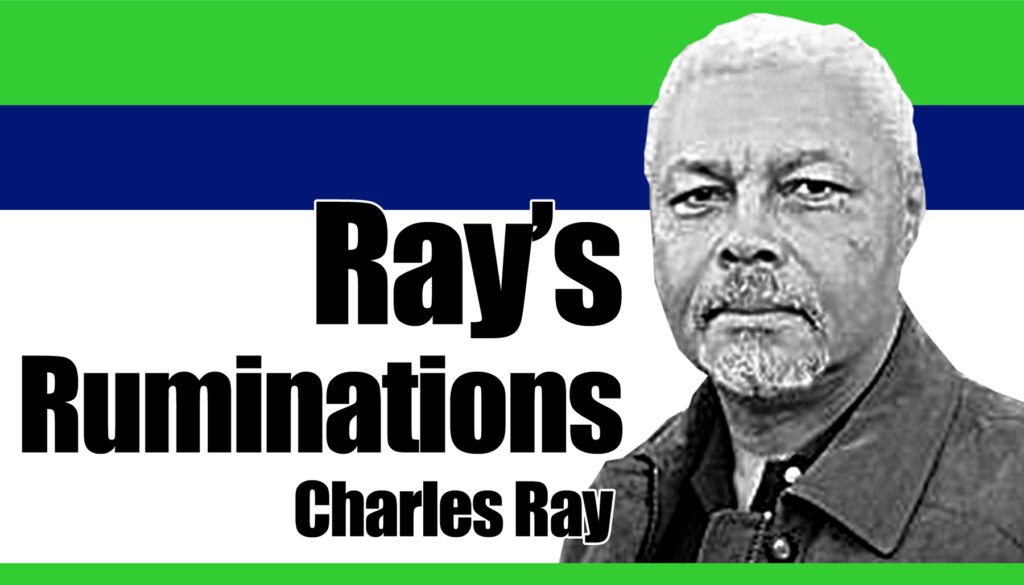
Autocracy and authoritarianism seems to be on the rise in recent years, and not just in the poor countries in the so-called third world. Even old, established democracies have seen a tendency toward authoritarianism. This trend is alarming to those who cherish the values of freedom, democracy, and human rights. But what causes this shift toward autocracy? Where might it be heading, and what can the average person do to deal with this growing trend?
I think there are a number of things that contribute to the global rise of autocracy.
First, is economic instability. It has been a significant driver of the drift toward having strong-man governance in a number of countries. When economies are in crisis, people often seek strong (or apparently strong) leadership to steer them through the turmoil. The desire for stability can lead people to accept, or even prefer, authoritarian leaders who promise quick solutions and decisive actions.
A second cause is political polarization and extreme partisanship. Political polarization has been increasing in democracies around the world, creating deep societal divisions. This polarization has eroded trust in democratic institutions and norms, making the autocratic alternatives more appealing to those who feel marginalized or disillusioned, or who feel their previous positions of privilege are being threatened.
The rise of digital media and the spread of misinformation, propaganda, and disinformation have also played critical roles in the resurgence of autocracy. Authoritarian leaders often manipulate information to control public perception, silence dissent, and they attempt to gain control over news media to consolidate their power.
We live in an era where global terrorism and other security threats have caused many to value security over civil liberties, and the rising cadre of authoritarian leaders exploit these fears to justify their erosion of democratic rights in the name of national security.
If global instability persists – and, unfortunately, there’s every indication that it will – we are likely to see entrenchment of existing autocracies and the birth of others. If we’re lucky and economies can stabilize and resume growth, democratic institutions might regain their appeal. International bodies and alliances who oppose authoritarianism will be essential in countering the rise of autocracy. Probably even more important, though, is having grassroots movements around the world who advocate for democracy and human rights. Even autocratic governments are often sensitive to the expressed will of their people. We need to see more ‘velvet’ revolutions around the world to let autocrats know that ‘they’re fired.’
The average citizen, far from being a powerless actor, has a strong and important role to play, especially in inspiring grassroots democratic movements, and contributing to safeguarding democracy. First, we must all stay informed about what’s going on around us, and understand the tactics used by autocrats. A well-informed public is less susceptible to manipulation and propaganda. Become active in your community by voting, participating in community meetings, and joining advocacy groups. Democracy needs the active participation of an informed citizenry in order to survived.
Support – nay, demand – an independent media to make sure that accurate information is available to the public. Independent media is vital to holding leaders accountable and exposing abuses of power.
Finally, promote respect for the rights of all people, and understanding and acceptance of all political views. Live by the creed that it’s possible to ‘disagree without being disagreeable.’ Respect for the views of those whose opinions differ from your own is essential to the health of any society. We the people need to think ‘we’ not ‘us’ versus ‘them.’ When things go wrong in a society, as some learn too late, everyone suffers, not just ‘them.’
Let’s all pledge to stand together to give the world’s autocrats their walking papers. | NWI




